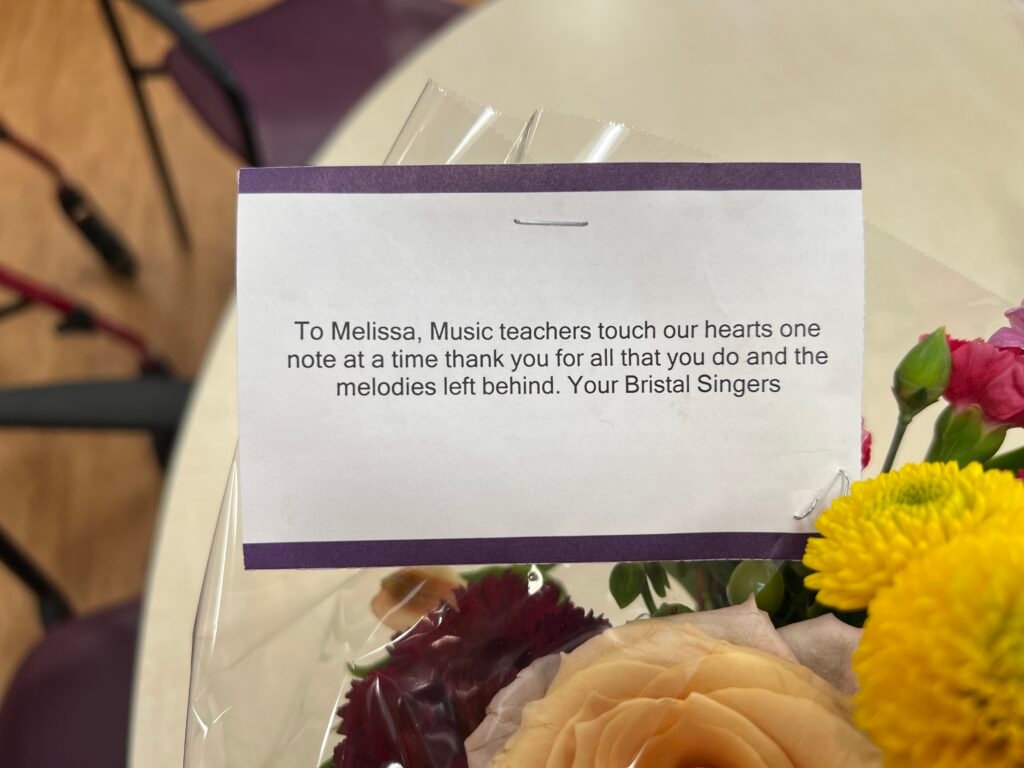
Music As Medicine
Food, water, sleep, music. Music is a crucial part of Dementia care that is sometimes overlooked. Why is music so important? The Amygdala, the part of the brain that stores music and emotion, remains mostly preserved throughout the progression of Dementia. As other parts of the brain – such as the Hippocampus – steadily decline, someone with Dementia might struggle with their activities of daily living, memory, inhibition, and communication. Due to the preservation of the Amygdala, persons who are aphasic, unable to carry a conversation, unable to care for themselves or remember that they just ate, can often sing along and enjoy music.
At end of life, if a person does not pass from a fall or infection, Dementia ultimately attacks the brain stem, which is the “rest and digest” center of the brain, responsible for basic bodily functions. Right before Dementia attacks the brain stem, Dementia attacks the Amygdala. Music, therefore, is needed until our last breath. Music plays an irrefutable role throughout the entire progression of Dementia. Music is proven to improve mood, memory, sharpen cognitive function, connection, and quality of life. Music isn’t just fun – it’s medicine.
With ten years of experience working with Dementia as a caregiver, in assisted livings and skilled nursing facilities, I’ve seen many unmet needs of long-term residents. I see the effect that music has on early stage through late stage folks. I see missed opportunities for clinical staff to utilize music in their care. I see faces light up as I walk into a memory care unit, because although they generally don’t have great short-term memory, they begin to remember me and the music we do together after repetition, music, and positive associations.
Persons with Dementia are more capable than society generally gives them credit for. They are capable of learning. They are capable of creating. Anytime I have doubted their capabilities, I am quickly reminded and humbled. I believe that purposeful musical engagement is the key to not only enhancing their cognition but accessing the joy in their souls.
